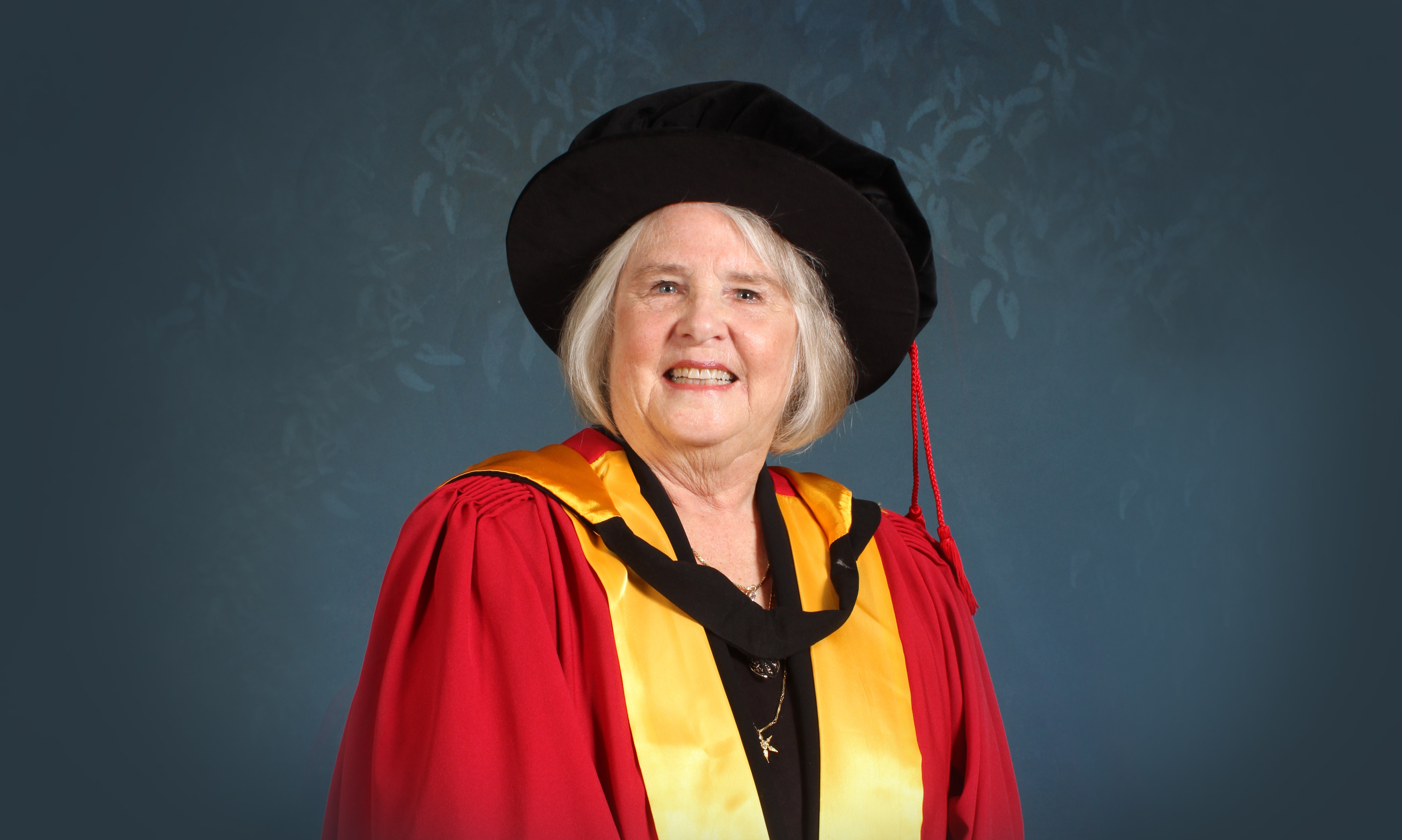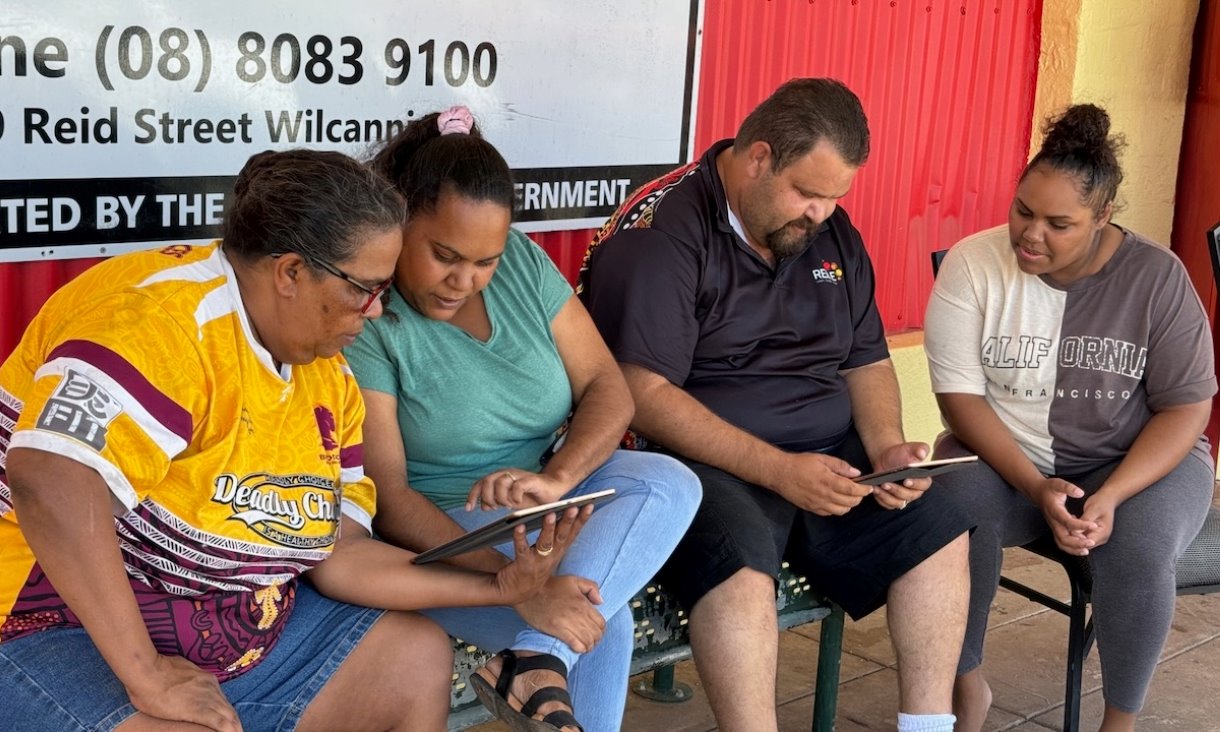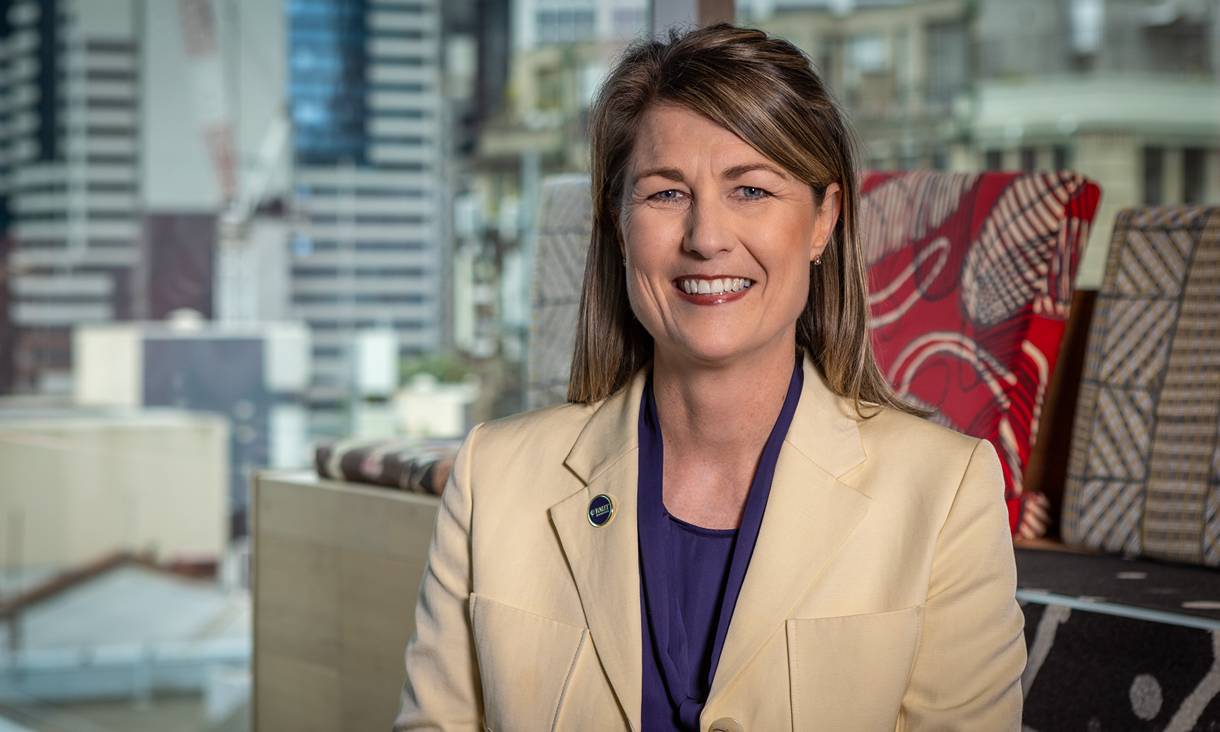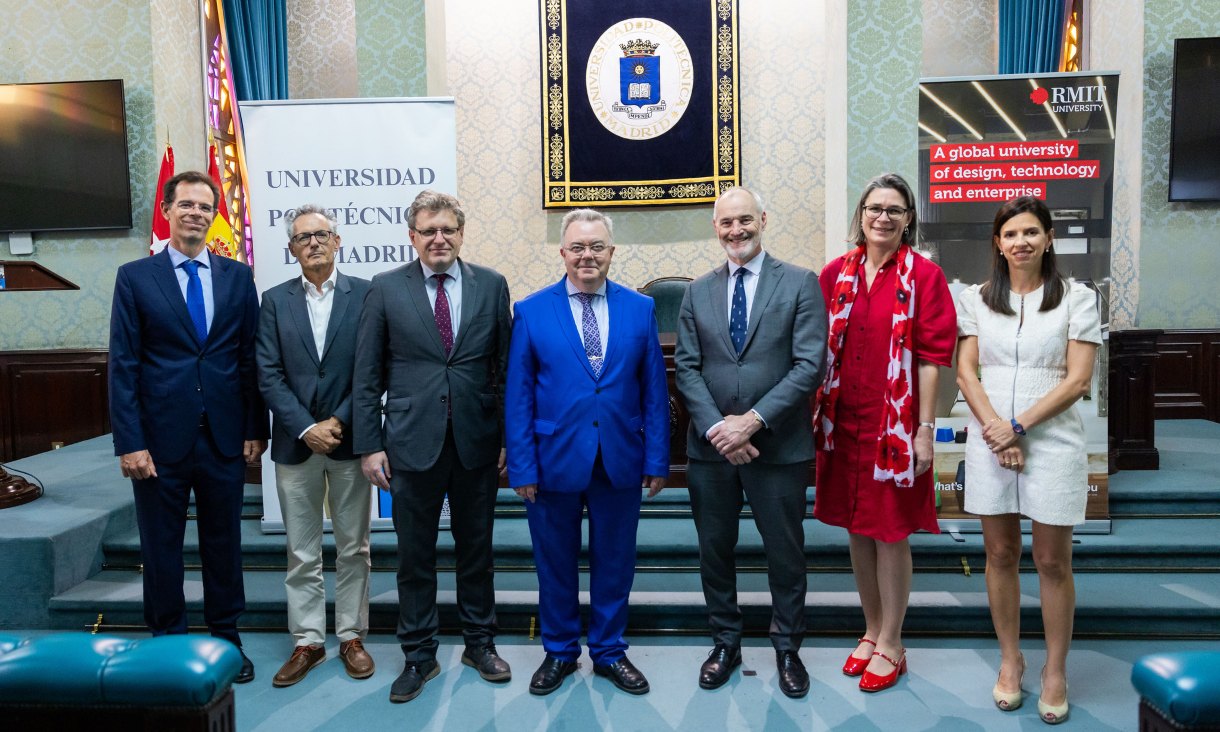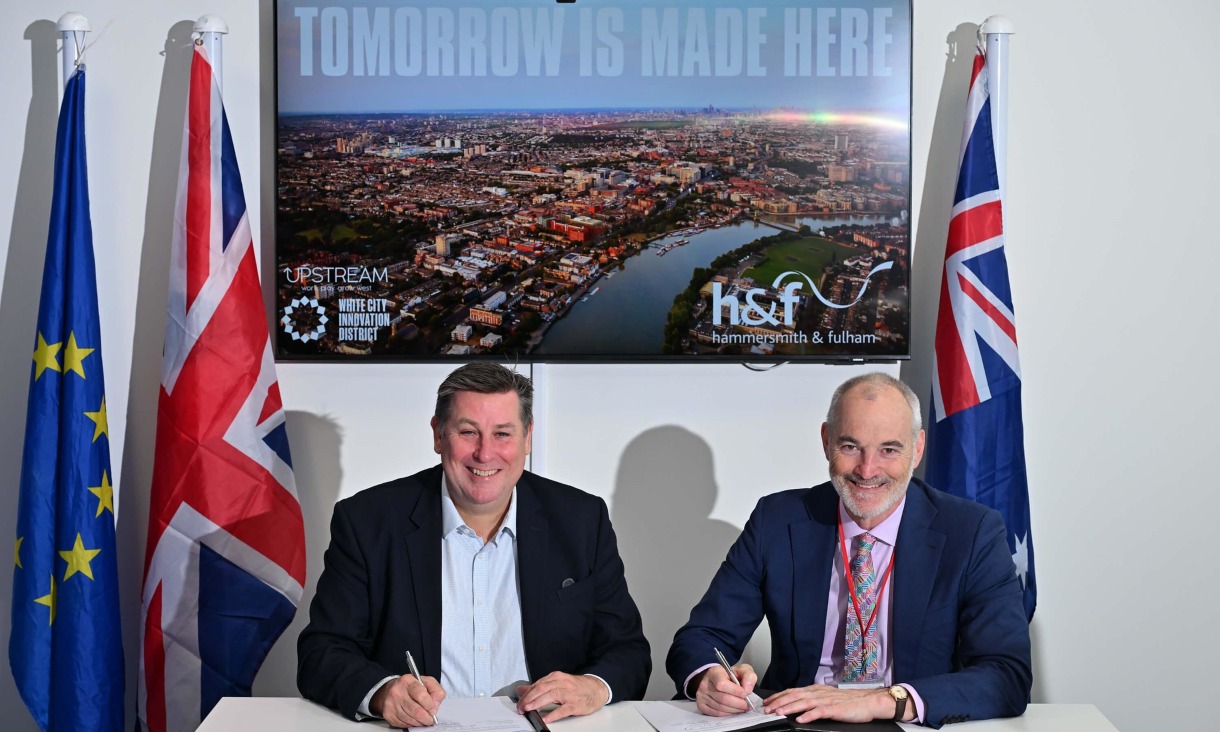Despite confusing double vision and difficulties walking, talking and writing Durham returned to part-time teaching and turned her focus to assisting people with brain injury. Slowly, she regained her life and career.
Pro Vice-Chancellor Design and Social Context and Vice-President Professor Paul Gough said Durham had used her experience of injury and recovery to inspire others and spread awareness.
“Her passion, pioneering approach and unwavering determination have earned her an international reputation as a respected and significant expert,” he said.
“We are proud to recognise her contribution to her fields of teaching and disability advocacy.”
Durham said she was astonished and thrilled to receive the Honorary Doctorate.
“I feel humble, honoured and proud to represent students with disabilities and extra challenges who stretch outside their comfort zone to complete study goals,” she said.
“Coming from a teaching background my experience of brain injury shone a light on the importance of understanding about brain injury, not just the ‘medical model’ but the need for an ‘educational model’ where the individual is empowered to learn and gain insight and find ways to help themselves cope.”
“I was passionate to find ways to assist young students to think for themselves so that they had a way to examine and find solutions to problems.”
At age 67, Durham completed a Health Sciences PhD at RMIT in 2012, in which she discovered even more effective ways to empower people with a brain injury to help themselves.
She said RMIT provided excellent support during her studies.
“I was thrilled with the level of understanding from university staff, who saw connections and had an open approach to my rather unconventional methods,” she said.
Durham advised anyone who was feeling discouraged or limited by their disability to never give up in trying to find different ways to meet their challenges.
“Remember it’s not a straightforward journey to improvement, and that understanding and help can come from different areas.
“Several participants in my research voiced the same thought several years down the path from injury: that brain injury was not only the worst, but also the best thing that had happened to them because they now appreciate being alive, they are aware of their strengths and weaknesses, and they feel wiser.”
Durham has published several books including Unlocking My Brain: Through the labyrinth of Acquired Brain Injury and Doing Up Buttons which have had a profound effect on those who share her experience, and professionals working in health care.
In 2014, she won the Victorian Senior Australian of the Year Award and has also received BrainLink’s Woman of Achievement Award. She is a founding and life member of Philosophy for Children Victoria, and has worked with organisations including BrainLink, Brain Injury Australia and Headway.
Durham hopes to continue being an advocate and educator to assist people with brain injury and professionals to gain a richer understanding of the lived experience of brain injury.
The ceremony also celebrated the achievements of doctoral students from the colleges of Business, Design and Social Context and Science, Engineering and Health.
Story: Jasmijn van Houten

